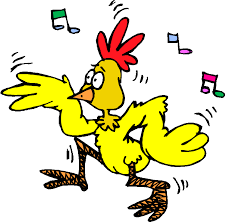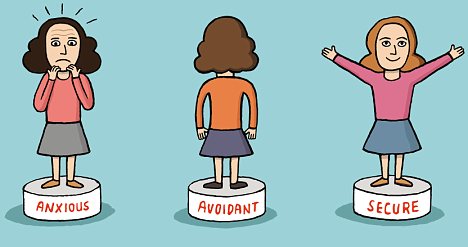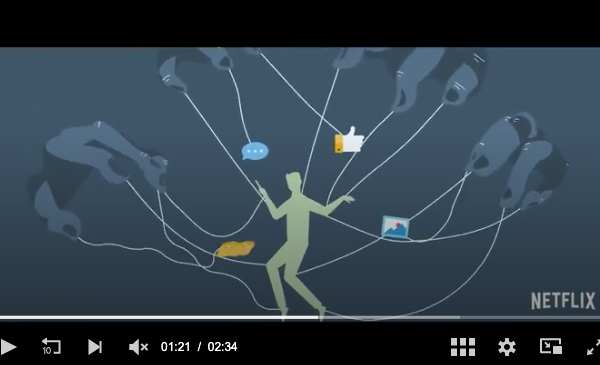How do we change habitual unhelpful reactions? Or in simpler language, how do we change habits? I’ve been exploring possible approaches in a hands-on fashion. Here’s a story of (momentary) personal triumph that might appeal especially to parents of young children.
This story was originally distributed in my SoulSoil newsletter. If you’d like to subscribe fill in the “Let’s Get Started” box in the right side-bar.
The chicken dance: a personal story
My son Theo is 3 yrs old.  On the evening in question, it was time to start the bedtime routine. The initial warning had been given and in response Theo was tearing around the house finding things to throw and bash into, leaping in delight knowing he was winding his tired parents up. He was being 3; duly pushing back.
On the evening in question, it was time to start the bedtime routine. The initial warning had been given and in response Theo was tearing around the house finding things to throw and bash into, leaping in delight knowing he was winding his tired parents up. He was being 3; duly pushing back.
I needed to help him shift gears. I needed to shift gears myself.
My head could see the comedy in this scene. My body was starting to react. It felt familiar from my childhood (my authoritarian father would inevitably emerge with a loud angry voice and I would be powered-over). Not something I want to repeat with my son. So as I said, my body was reacting… some inner logic like “my son is not obeying me, he should obey me, I’m angry, I will assert my power”. I felt very serious inside. My impulse was to grab him with some force. I knew I didn’t want to do that.
I said to my husband “I know I should make this a game, but I really don’t want to”. He said “do it anyway”.
And so I begrudgingly went to find my son, now jumping on the guest bed doing his crazy dance, and… I became a chicken.
I flapped my wings and ducked up and down with my chicken feet hopping on the ground. He stopped immediately. I said in my chicken voice “mommy chicken needs a baby chicken to follow”, and quick as lightening he was behind me laughing and clucking, and off we clucked upstairs to a smooth and remarkably pleasant bedtime.
Parenting is indeed emotional rocket science.
Changing habits generally is difficult, but our brains are so adaptable that with some rewiring through repetition, you might be surprised.
Key elements of chicken dance wisdom include:
- notice and accept own reactivity, i.e. use mindfulness (see Five A’s)
- pause
- know where reactivity comes from (having some understanding is helpful)
- have some ideas of alternate approaches in your back pocket
- decide to do something different in the moment even if it doesn’t feel good at first
- use play
- recruit helpers
- see what happens
- repeat
What habits do you want to change?
- Defensive or otherwise reactive to certain family members at Thanksgiving?
- Want to start exercising but hate the reality?
- Habitually shut down when you feel upset or vulnerable?
- Overeat when you feel upset emotionally?
You can develop your own “chicken dance wisdom” to change unhelpful reactions into reasonable responses.



WONDERFUL ARTICLE! and feel free to link your folks to the movingchild website: http://www.themovingchild.com for a video of you actually doing a chicken dance like dance!!!! and for more ideas on using play and movement to help kids to self-regulate. Love Hana